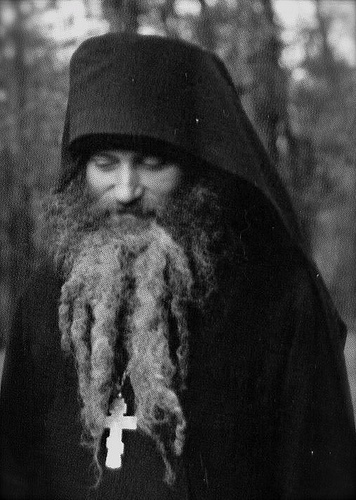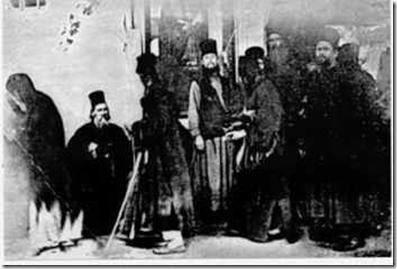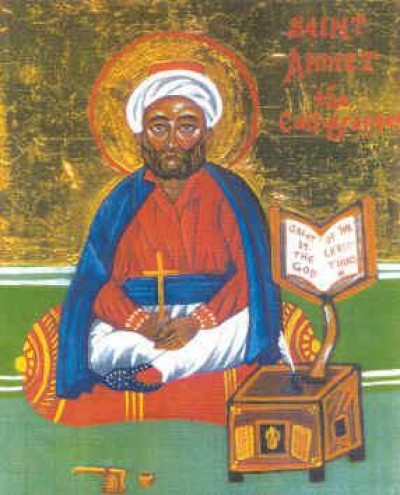
A little boy asked his mother, “Why are you crying?”
“Because I’m a woman,” she told him.
“I don’t understand,” he said.
His Mom just hugged him and said, “And you never will.”
Later the little boy asked his father, “Why does mother seem to cry for no reason?”
“All women cry for no reason,” was all his dad could say.
The little boy grew up and became a man, still wondering why women cry.
Finally he put in a call to God. When God got on the phone, he asked, “God, why do women cry so easily?”
God said:
“When I made the woman she had to be special.
I made her shoulders strong enough to carry the weight of the world, yet gentle enough to give comfort.
I gave her an inner strength to endure childbirth and the rejection that many times comes from her children.
I gave her a hardness that allows her to keep going when everyone else gives up, and take care of her family through sickness and fatigue without complaining.
I gave her the sensitivity to love her children under any and all circumstances, even when her child has hurt her very badly.
I gave her strength to carry her husband through his faults and fashioned her from his rib to protect his heart.
I gave her wisdom to know that a good husband never hurts his wife, but sometimes tests her strengths and her resolve to stand beside him unfalteringly.
And finally, I gave her a tear to shed. This is hers exclusively to use whenever it is needed.”
“You see my son,” said God, “the beauty of a woman is not in the clothes she wears, the figure that she carries, or the way she combs her hair. The beauty of a woman must be seen in her eyes, because that is the doorway to her heart – the place where love resides.”
http://agapienxristou.blogspot.ca/2013/08/why-do-women-cry.html










